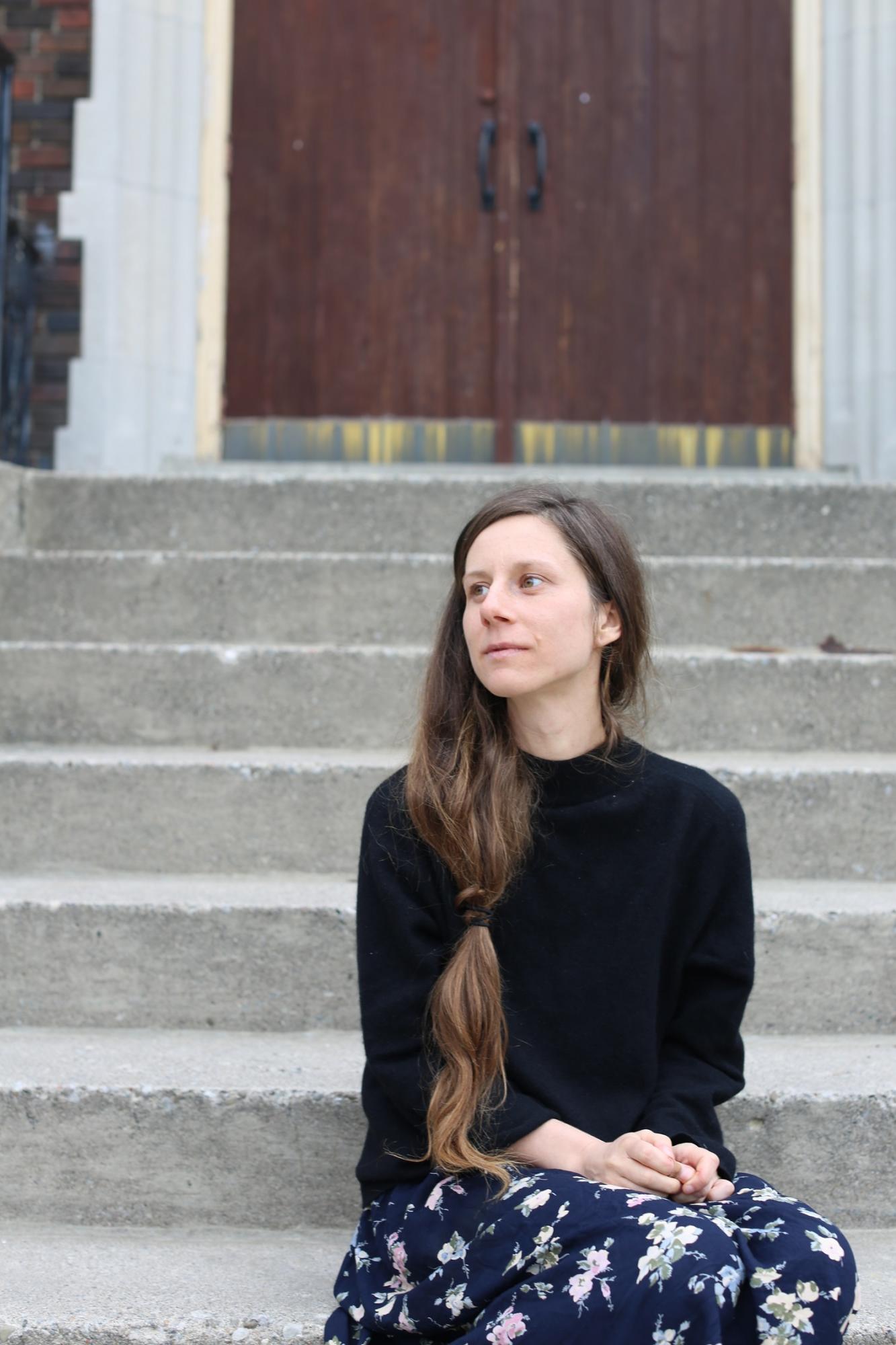Camilla Grudova shares five tip on writing short stories.

1. Don’t Just Read Short Stories
I have found inspiration and structural ideas for short stories in biographies of 18th century scientists and the Russian poet Mayakovsky, in the poems of TS Eliot, binary code courses, the Red Scare Podcast, in big German novels and tiny Italian novellas, in museum exhibitions and movies . Read, listen and take in widely, but also develop your own nose for what gives you a sense of aesthetic pleasure, what Nabokov calls “the tingle on the spine” and seek that out rather than culturally consuming what the industry tells you is important or relevant.
2. Don’t Over Edit
Sometimes when I read a piece, I can tell it has been overedited and has an odour about it, a sort of literary BO. Sometimes a piece just is what it is, just leave it and work on something new rather than wasting pointless hours editing something to the point all the reader can see is the exertion and toil. Some of my best stories were written in a few hours and hardly edited under a spell of spiritual inspiration while others I worked hard on are best left in the drawer. Hard work doesn’t mean good work.
3. Be Confident
And don’t overexplain situations and characters. This is something I learned from folk tales. Say you want to write a story where a boiled egg and a pair of scissors are in conflict. You don’t need to explain how they “came alive” or even why they are fighting. Just show the fight and the end result; the white bits of egg along the scissors’s sharp ends.

4. Evoke all five senses
A short story should be a dense, smelly and delicious thing, like an olive with a bit of anchovy in it or a hunk of mouldy blue cheese. The reader isn’t eating a kilo of it all at once(well I personally would eat a kilo of anchovies or herring) so don’t worry about over stimulating them. The short stories I dislike are bland, wispy starchy crackers with too much air in them.
5. Take tiny pieces from the world
And sew them together, learn to observe. A lot of my stories are scrap quilts of things that I’ve seen and put together, say an old sausage in a rotting pram in a garbage bin, a woman’s green beret, a box of scissors in a storage room. Don’t feel guilty about observing things you see in the world and writing them down. Be a joyous thief with a low moral compass.
Camilla Grudova is a writer living in Toronto. She holds a degree in Art History and German from McGill University, Montreal. Her stories have appeared in The White Review and Granta. The Doll's Alphabet, her debut short story collection, was published by Fitzcarraldo Editions in 2017.
I've almost stopped reading advice for writers because I'm pretty much saturated with it and it is all starting to seem contradictory -- but, truly, this is some of the most inspiring advice I've come across, and it also really makes me want to read Camilla Grudova's fiction as well. Thank you!
This is such a lovely comment, Jane! I know there's a lot of advice out there - and it can feel overwhelming - but I strongly believe that you can just pick and choose the advice that speaks most to you!
There is no wrong or right way of doing things, but 'being a joyous thief with a low moral compass' is definitely an excellent bit of advice for all writers! :)
In reply to I've almost stopped reading… by janehousham